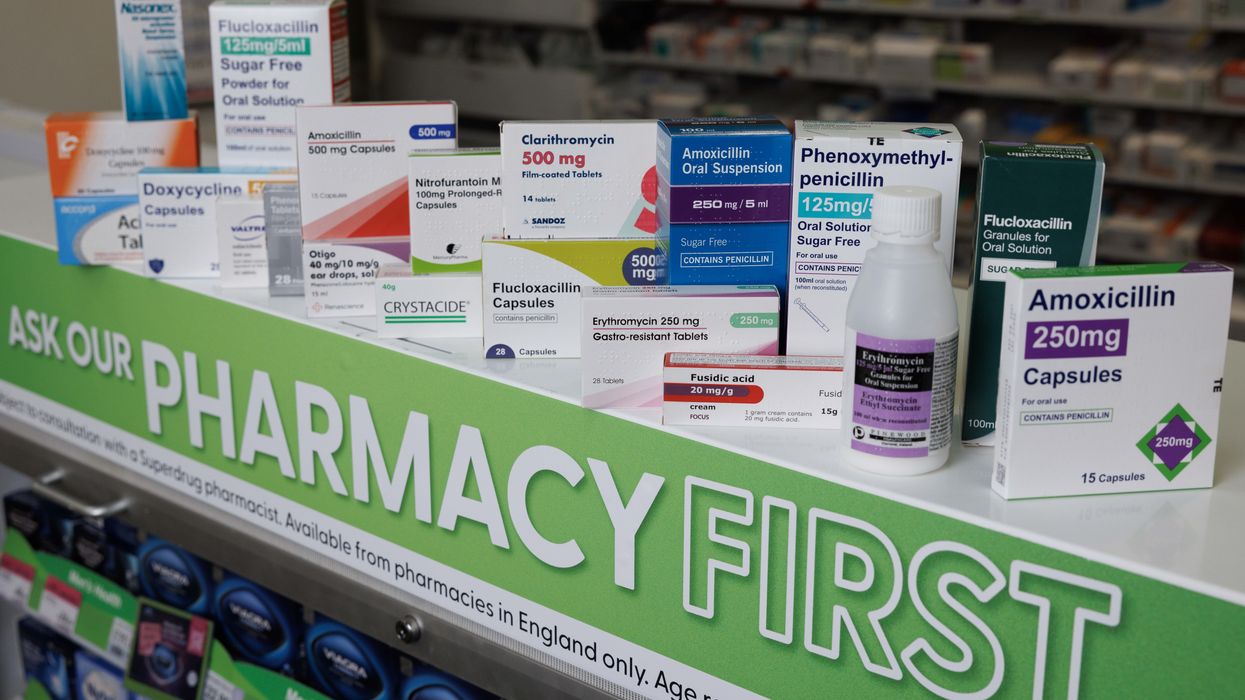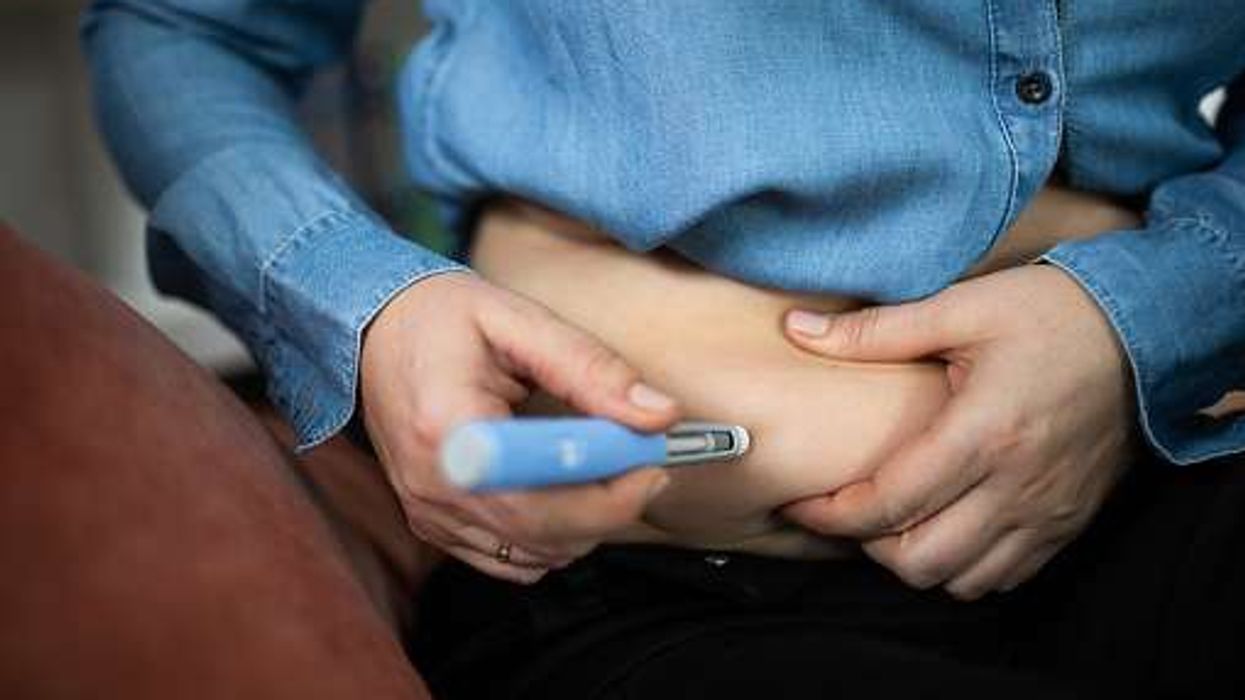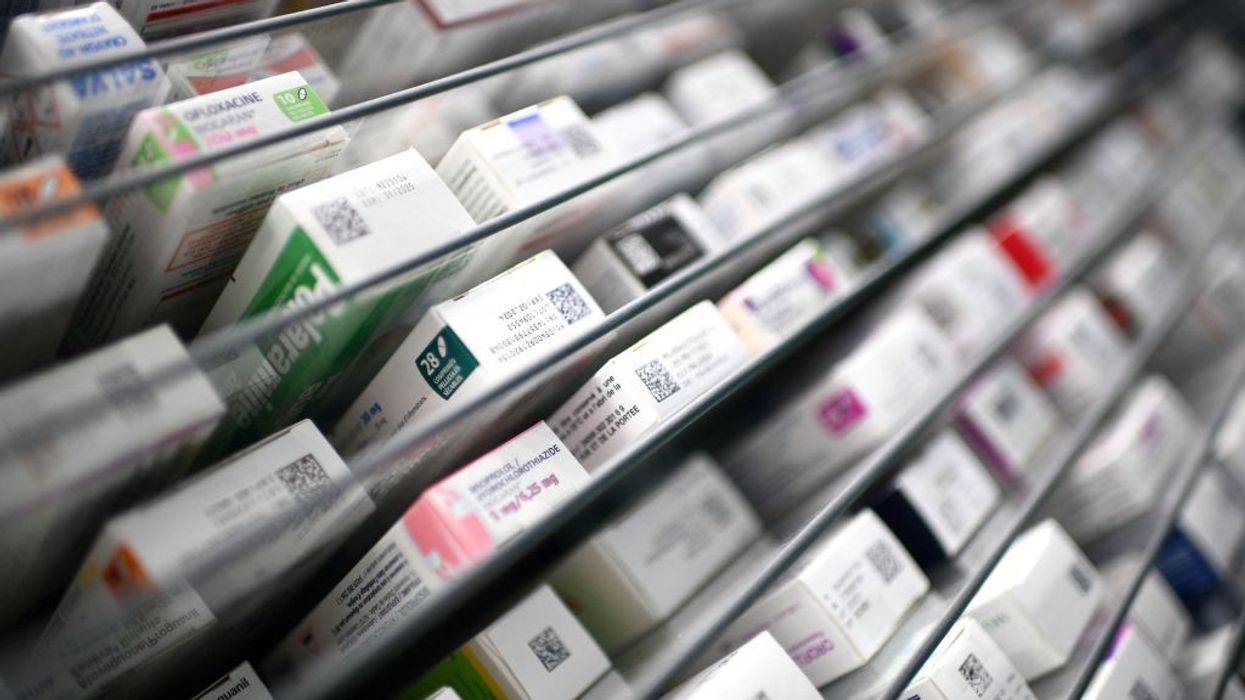The number of type 2 diabetes diagnoses is increasing each year, along with the rising prevalence of pre-diabetes
Diabetes is recognised as a major cause of blindness, kidney failure, heart attacks, stroke and lower limb amputation.
According to World Health Oragnization (WHO), more than 95 per cent of people with diabetes have type 2 diabetes, which is often preventable.
In the UK, there are over 3 million cases of diabetes and a staggering 10 per cent of the NHS budget is spent on diabetes, with 90 per cent of this allocated to treating type 2 diabetes.
Kavita Sharma, a clinical pharmacist specialising in diabetes and founder of Desi Diabetes, warns that the number of type 2 diabetes diagnoses is increasing each year, along with the rising prevalence of pre-diabetes.
The pharmacist highlights that type 2 diabetes can be prevented through lifestyle changes, such as adopting a healthy diet, maintaining a healthy weight, and incorporating regular physical activity into daily life.
Below, she offers five dietary tips to help prevent type 2 diabetes:
1. Increase your intake of fruits and vegetables
The pharmacist recommends eating at least five portions of fruits and vegetables a day, to increase your intake of vitamins and fiber.
“This can be easily achieved by adding vegetables to our main meals and having salads on the side,” says Kavita Sharma.
2. Reduce your consumption of sugary foods
Kavita Sharma advises limiting the consumption of sugary foods, noting that many foods that you're having like breakfast bars, cereals, cakes, chocolates, and biscuits are high in sugar. “If you’re craving something sweet, choose a piece of fruit instead,” she recommends.
3. Minimize your intake of fizzy or sugary drinks
This weather might make you crave a refreshing cold glass of lemonade or juice, but Kavita Sharma warns that these drinks often contain a lot of added sugars and sweeteners.
She suggests swapping these drinks for a glass of water, which will also keep you hydrated for longer.
4. Cut down on processed foods
We often rely on ready-made meals from supermarkets because they are convenient, easy to heat up in the microwave, and quick to eat. However, processed foods can do more harm and good to your body.
Kavita Sharma suggests cooking with fresh ingredients at home, as this can help reduce the intake of additives, preservatives, and trans fats often found in processed foods.
5. Swap white flour for wholemeal flour
“If you're having chapatis on a regular basis, try swapping your white flour for whole meal flour instead,” says Kavita Sharma.
She explains that this will ensure that you’re getting more fiber in your diet, which will also help prevent your blood sugar levels from spiking too quickly.
“Cut out processed foods, eat more healthy fresh fruits and vegetables, keep active and you can help to beat diabetes” – she concludes.
Watch the video to hear directly from Kavita Sharma -


















